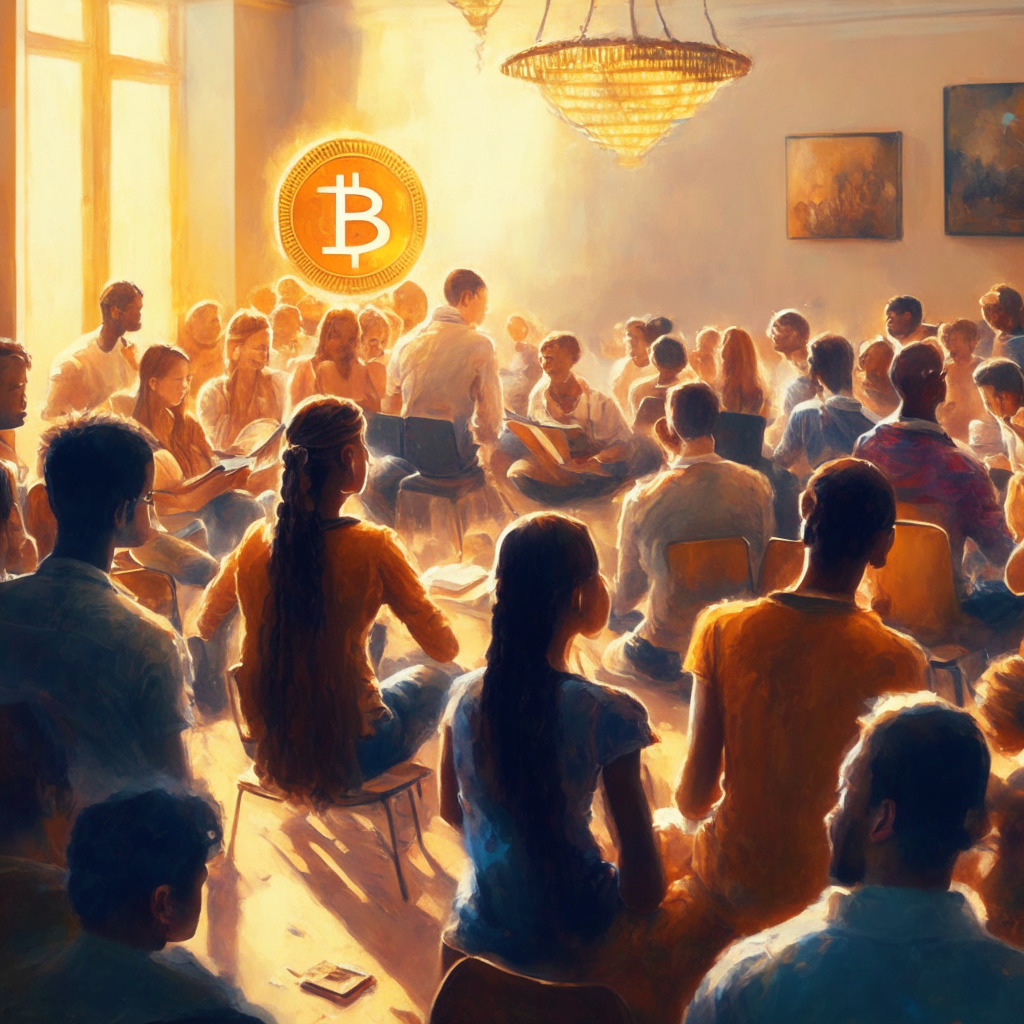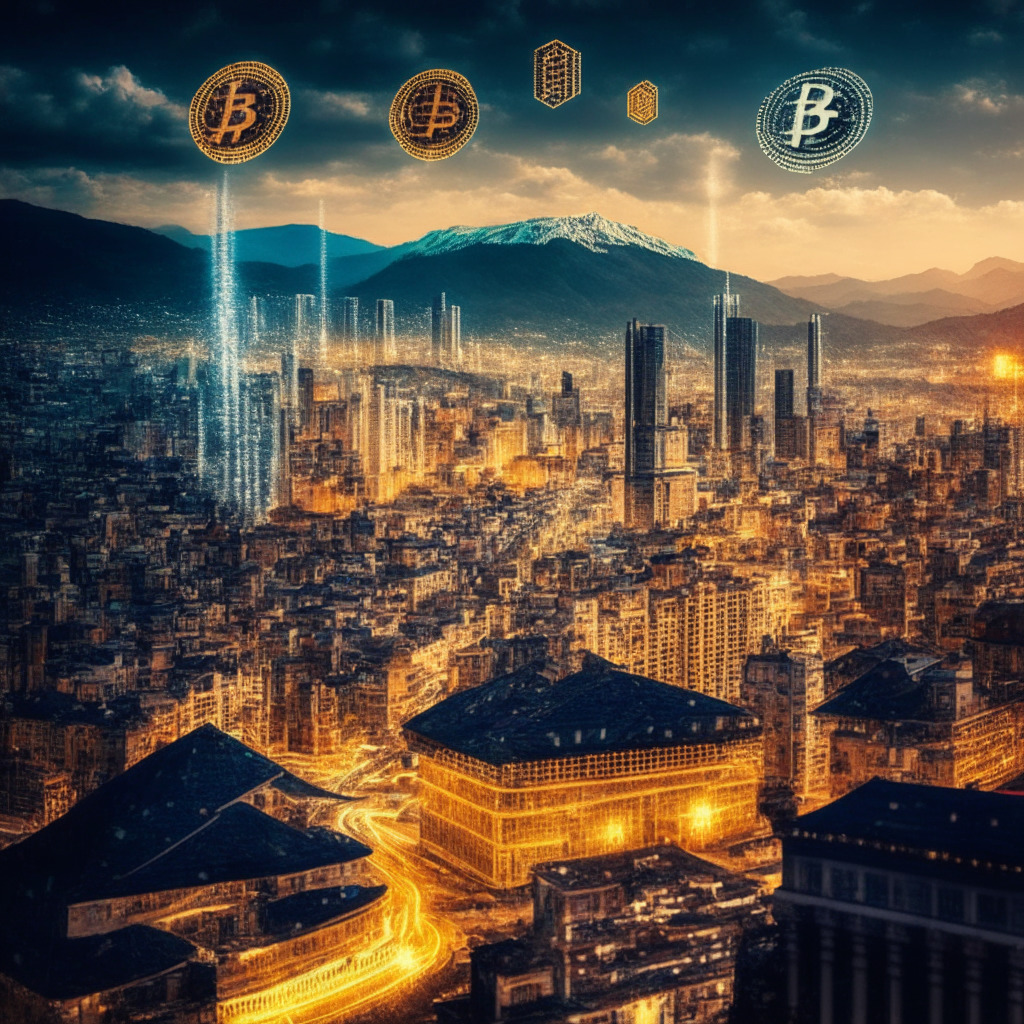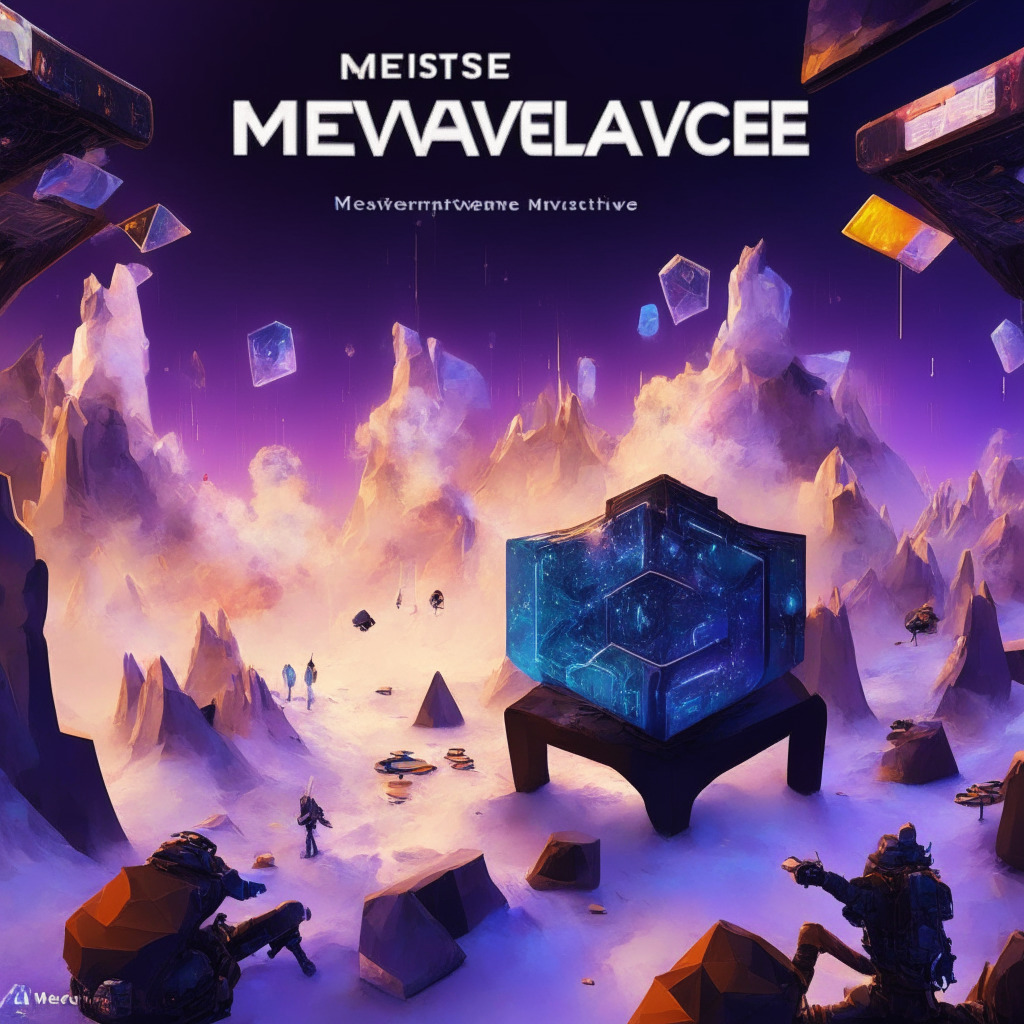The digital world is increasingly becoming interconnected with tangible assets. Through tokenization, even traditional property like homes, gold, art, and contracts can be converted into digital tokens. Asset tokenization firm Securitize has acquired Onramp Invest, a digital asset wealth platform, in an effort to allow registered investment advisors (RIAs) to buy tokenized assets.
Carlos Domingo, CEO of Securitize, expressed intentions to facilitate the digital transformation of finance through such acquisitions. This suggests that the companies dealing with real world assets haven’t been too badly affected by rising inflation or the crypto market drawdown. On the other hand, this could lead to a consolidation wave since startup valuations have declined and venture capital funding seems to have stalled.
However, not all is glitters in the world of decentralized finance (DeFi). Goldfinch, a DeFi investment protocol that lends to developing nations, faced a notable setback when one of its borrowers, Tugende, a Kenyan motorbike finance company, defaulted on a $5 million loan. The Goldfinch team is now striving to negotiate new loan terms, presenting a rare instance of a loan restructuring in DeFi.
The event led to speculation that Goldfinch’s loans may be underpriced relative to the associated risk, particularly in the context of investing in companies in emerging markets. Success hinges on being able to successfully account for macroeconomic factors like inflation, geopolitical turmoil, and cash flow limitations.
In tethered news, Frax stablecoin founder, Sam Kazemian, has suggested using a U.S. shell company to manage traditional financial assets backing FRAX. Although this may make FRAX distinct from other stablecoins, the implications are significant for efficiency and highlight the growing intersection of DeFi and tangible assets.
Furthermore, MakerDAO, a decentralized stablecoin issuer, attracted nearly $1 billion in investments in less than a week after a plan to raise the DAI Savings Rate to 8%. This case goes to show that DeFi protocols are starting to display more similarities to traditional banks.
Lastly, the investment platform Republic is making ventures into the future of digital ownership by building a self-custodial, multi-chain and multi-signature wallet for tokenized securities. This trend could lead to a democratization of the market, by increasing access and opportunities to invest in traditionally inaccessible assets.
In other news, the crypto platform Gitcoin announced its forthcoming cooperation with Shell PLC over the next year to develop open-source climate solutions. It’s a significant move for capital injection into “regenerative finance”, although some critics alleged Gitcoin of “greenwashing” for taking money from a known polluter.
In conclusion, while the digitization of real-world assets is full of promise and potential, it’s crucial to navigate this frontier with a healthy dose of scepticism. It’s a field fraught with risks, potential defaults, and controversies, but also brimming with significant opportunities for innovation and growth.
Source: Coindesk




